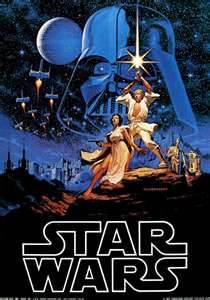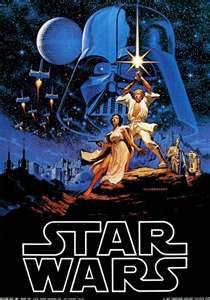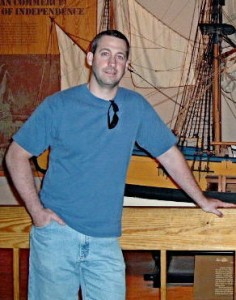 I have had a lot of opportunities to collaborate in my creative life, as a musician, as a writer, as an editor, and so on. I’ve had some bad experiences, and I’ve had some good ones. Thankfully, most of them since I became a writer and editor have been good. And I wanted to talk today about both the art and difficulty of collaborating.
I have had a lot of opportunities to collaborate in my creative life, as a musician, as a writer, as an editor, and so on. I’ve had some bad experiences, and I’ve had some good ones. Thankfully, most of them since I became a writer and editor have been good. And I wanted to talk today about both the art and difficulty of collaborating.
First of all, collaboration requires humility. You have to recognize that you are working with an equal force—someone who is going to have an equal number of ideas and passions going into the project and an equal stake in the result. That requires you to be cooperative and considerate both in how you navigate and respond to the collaborator’s input. Sometimes, it helps to decide up front who will be senior collaborator. For example, when working with Jonathan Maberry in his universe, I deferred to him creatively. After all, Joe Ledger his IP, created out of is head, and his is the ultimate boss of what is canon and what isn’t. Interestingly though, when we did the Joe Ledger anthology together, Jonathan deferred to me more than expected on the editing role. He still edited and had input on story order and of course worldbuilding, but he respected my abilities and experience as an editor enough to let me take responsibility for some details that I could handle on my own without his involvement. We were thus able to divide the labor in some key ways that made it easier for both of us and saved time and back and forth.
Second of all, collaboration requires consideration. You are not creating your own work. It is a group effort. Whether the group is two people or more, the end result will come from both of you, not just one of you, and thus, it is important both of you feel satisfied with the result.Thus it is impossible to be a dictator and control freak when collaborating. You have to find a way to work together and separately in ways that compliment each other. And you must understand and respect that the final result will be something that encompasses both of your creative ideas and visions for the project, not just your own. In fact, inevitably it will be something Neither of you would have created on your own.
Third of all, collaboration requires mutual respect. Don’t collaborate with people you don’t respect. You’ll just be in for trouble. I’ve had the case where someone I collaborated with as an equal instead regarded himself as my superior and expected me to defer to him accordingly. Now, in experience, sales, and so on, we really were fairly much equals. He was not more famous or more respected, nor did he have an established body of work far exceeding my own. He just, I learned later, was a guy who believed he was a better writer than most people he collaborated with, and, as such, would be “in charge” of such collaborations. Needless to say, this made for trouble.
Fourth, collaboration requires deference. There are many times during collaborative ventures when you will find the need to allow the other to take the lead. For example, you divided a story into scenes and they wrote some, you wrote others, then polished each other. Well, when final decisions are made, unless you agreed in advance one of you would be the final arbiter, you will have to defer to your partner on his/her scenes. It’s theirs, and, after all, you’d want them to do the same on your scenes, right? You may have to defer to them on things they have more expertise or immediate knowledge of. If your partner is more experienced with a particular aspect of the project, let them take the lead and see it as an opportunity to learn from them so the next time, you can take the lead. This is appropriate. Let the person who has the experience and wisdom take the lead. They should do the same for you. And so on.
Fifth, collaboration requires mutual commitment. It’s kind of like the biblical concept of unequal yoke in a marriage. You need to be on the same page with your commitment to work level and time deadlines and so on. If not, one of you will feel they are more committed to the project or even doing all the work, while the other slacks off. So agree in advance on when things will be done by each of you and endeavor the best you can to meet these expectations. Otherwise, you are in for conflict.
Sixth, collaboration requires patience. Like any other situation when you might be working with other people, you must learn to be patient with the other person’s different way of doing things, different abilities, different expectations and so forth. You can’t expect two different people to see everything exactly the same or work exactly the same. It’s rare. If you find it, though, run with it and embrace it as the gift it is.
Seventh, collaboration requires communication. You must learn to discuss things more than you might normally. Operating on assumption is a pitfall that can derail any relationship, especially a collaborative one. It’s much better to anticipate and discuss potential problems or concerns before they arise than to try and deal with them after they happen when you are irritated or frustrated with each other. So communicate. Set some expectations and boundaries for your collaboration in advance then commit to meeting them so you are in it together. Most of all, remind yourselves constantly it is a team effort. Not “mine” but “ours.”
So there are a few hard learned tips for better collaboration. Can you think of others? Please feel free to contribute in comments. For what it’s worth…





